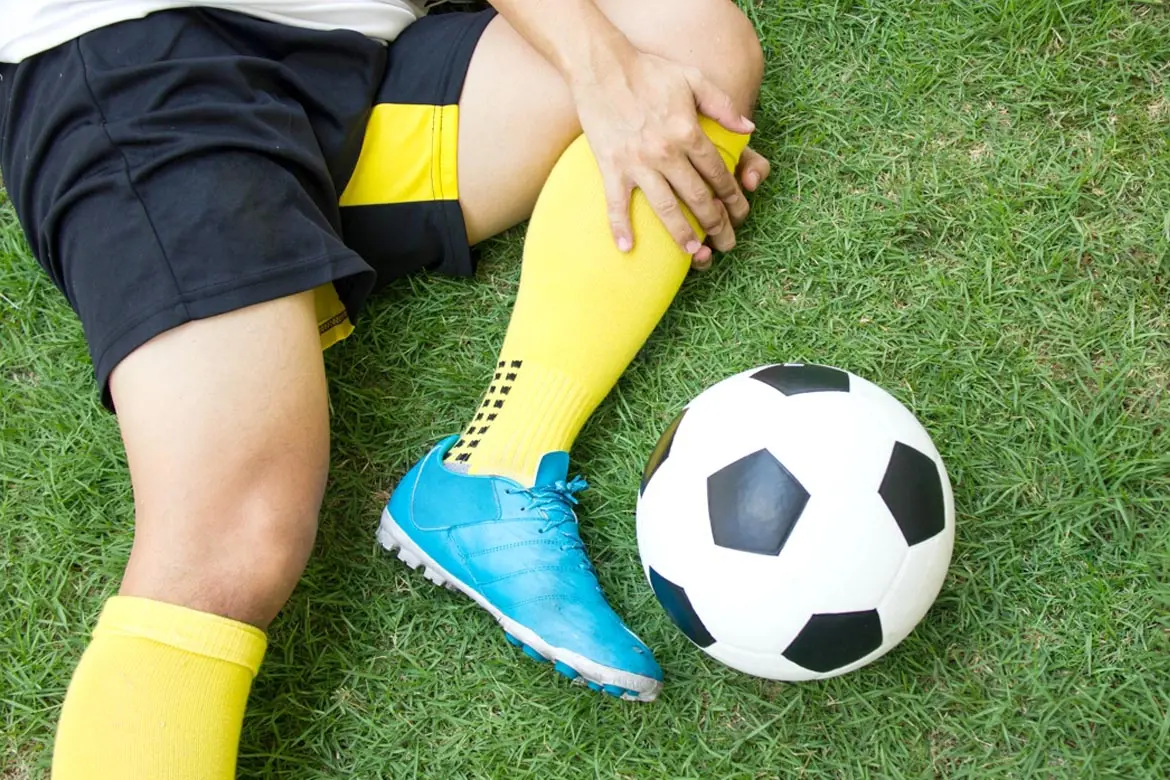Dr Lee Boon Leng Kevin
Orthopaedic Surgeon


Source: Shutterstock
Orthopaedic Surgeon
Exercising is a great way to keep fit and have fun while fighting the high stress of living in fast-paced Singapore.
But injuries can happen and when they do, in more severe cases, surgery may be needed.
"Running, cycling and soccer are three of the most popular sports in Singapore. With increasing participation in these sports, there is bound to be a corresponding increase in injuries that are due to overuse or trauma," says Dr Kevin Lee, an orthopaedic specialist at Mount Elizabeth Hospitals, Singapore.
The rising popularity of these sports can be attributed to an increasingly health conscious population, but not everyone who participates in sports knows about the risks and pitfalls – until they get hurt.
Here are the top 5 serious sports injuries and how they can be treated:
"Athletes who participate in high demand sports with pivoting movements such as soccer, rugby and basketball are more likely to suffer from knee injuries," says Dr Lee.
Patients often suffer instability, pain and buckling of the knee if their anterior or posterior cruciate ligament is torn. Anterior cruciate ligament (ACL) restoration can be done through reconstruction surgery. During the surgery, the torn ACL will be replaced with a tissue graft – taken from the patient's own body – that acts as a scaffold to facilitate new ligament growth.
This knee injury is most common among athletes who play contact sports such as rugby or soccer that require a lot of twisting action around the knee. Some meniscus tears can heal on their own. Most meniscus tears however, do not heal and will either have to be surgically repaired or removed completely.
Cyclists, in particular, must be mindful of breaking bones during a fall.
A fracture of the collarbone is usually due to a fall at relatively fast speed with the impact of the fall borne by the shoulder and collar bone. There is usually pain at the collarbone with obvious swelling and deformity.
Cartilage lubricates the joints and it can get worn out from traumatic sports action.
Treatment for knee cartilage injuries and osteoarthritis can be injections of hyaluronic acid to lubricate the joint; cartilage regeneration procedures, or total or partial knee replacement surgery in the worst case scenario.
Tendonitis is usually caused by overuse, resulting in inflammation and pain. The symptoms are pain above or below the kneecap that gets worse during stair climbing, squatting, running or walking uphill.
"Tendonitis is usually treated conservatively with rest, stretching and application of ice, oral anti-inflammatory medications and radial shockwave therapy," says Dr Lee.